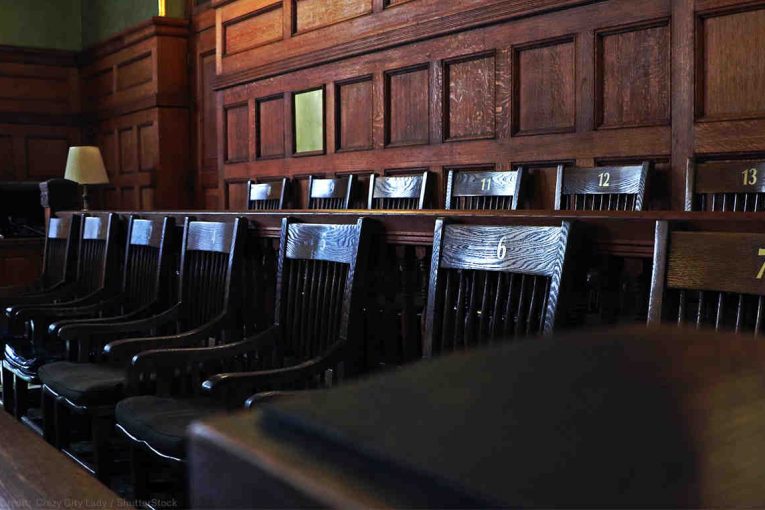
ALAMEDA COUNTY, CA– Prosecutors in Alameda County were found to have illegally excluded potential jurors in the mid-1990s in the case of Ernest Dykes, a Black man, on trial with death penalty charges.
This discovery was made in April 2024 when Alameda County prosecutors discovered index cards revealing the exclusion of potential jurors on Dykes’ case based on race and religion, according to the Death Penalty Information Center.
Dykes’ case isn’t the only one impacted by racial discrimination in jury selection.
DPIC also charged that from the 1980s to 2000s Alameda County prosecutors documented jurors by race and religion, as a means of determining whom they would exclude from jury service on capital cases.
The result of the discrimination by Alameda County prosecutors led to the review of 34 capital convictions in Alameda County, said DPIC, noting the actions went against the Supreme Court decision in Batson v. Kentucky, since prosecutors removed potential jurors from the jury pool based on race, violating the Equal Protection Clause.
As a result, 18 people were resentenced to terms less than death and 15 of the 34 reviewed cases involved people of color, as reported by the Death Penalty Information Center.
According to the DPIC, note cards for the potential Black female jurors in Dykes’ case exhibited prejudice. Some notes described a female Black juror as, a “Short, Fat, Troll.” Another note card stated, “Says race is no issue, but I don’t believe her.”
DPIC said potential Jewish jurors were also excluded with notes describing them as, “like(d) him better than any other Jew, but no way.” The motion for resentencing in Dykes’ case alleges the prosecutor created a list of Black jurors to combat the accusation of a Batson’s challenge, by keeping one of the Black jurors on the list.
After 30 years on death row, Dykes, DPIC reported, was finally resentenced. However, prosecutorial misconduct sentenced a 20-year-old Dykes to death, an age, scientists emphasized, when the brain has not fully developed. The DPIC also emphasized the neglect, abuse, and dysfunction that plagued Dykes’ home life.
Through Alameda County resentencing cases, the Death Penalty Information Center noted how “prosecutors routinely struck racially diverse jurors.”
In Matthew Souza’s case, a Native American, prosecutors “purposefully,” said DPIC, dismissed all Native American jurors and jurors with Native American connections, even those “favorable for the prosecution’s case.”
Prosecutors also excluded Black jurors from Franklin Lynch’s case. Prosecutors even called Lynch, a Black man, a “human reptile.” The practice of comparing people of color to animals in capital cases derives its effectiveness from mostly all-white juries, especially when there are no people of color to protest this rhetoric, said DPIC.
The Death Penalty Information Center adds that even with prosecutors historically discriminating against and striking jurors of color, for them to be considered for the jury, they must be placed on jury rolls. Registration to vote is necessary to be considered for jury selection.
However, researchers from Berkeley Law Death Penalty Clinic indicate that in California, people of color are disproportionately underrepresented in the jury box due to 41.3 percent of jury-eligible people not being registered to vote.